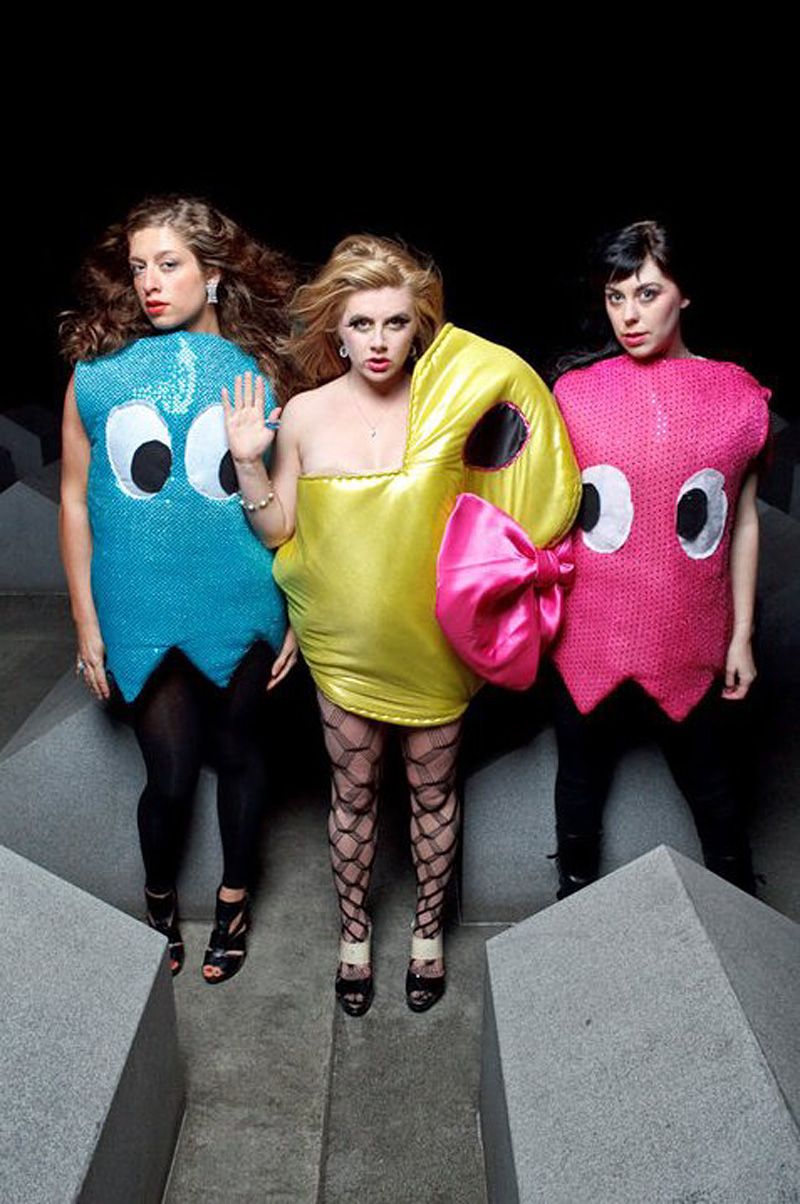In 1938, left-leaning nightlife impresario Barney Josephson opened a nightclub called Café Society in New York’s Greenwich Village. Josephson was not only seeking to recreate the adventurous, pre–World War I political cabarets he had seen in Europe, but to launch America’s first racially integrated music venue. At that time, spaces such as the Cotton Club featured big-name black artists onstage but refused to admit black patrons as audience members. The forward-thinking ethos in which Café Society was forged was reflected in the art that would eventually grace its stages. The iconic Billie Holiday first performed her legendary lynching allegory “Strange Fruit” at the club, while comedienne Carol Channing was reportedly ejected for performing a racial caricature.
Though that club subsequently folded in New York City more than 60 years ago, its impact is still felt locally today. Inspired by Josephson’s vision and bravery, Sportn’ Life partner Jennifer Peterson (in conjunction with Sarah Walczyk, development director for local mentoring agency Powerful Voices) held the first Café Society event at Capitol Hill’s Sole Repair in April. Conceived as a monthly salon focusing on female artists of all racial backgrounds and genres, the inaugural Café Society featured sultry-yet-cerebral songwriter and emcee Dice, as well as Sportn’ Life’s own R&B artist Marissa.
Peterson and Walczyk are definitely not alone. In a manner reminiscent of the riot grrl movement of the early ’90s and the coalition-building energy that drove local third-wave feminist activism-meets-art endeavors like Home Alive, a new generation of women are making noise and carving out their own space within Seattle’s hip-hop, electronica, and dance-music scenes. Just as Peterson and Walczyk were plotting their modern, feminist-minded reimagining of Café Society, ambitious party-starter and budding dance-music artist Lisa Dank was booking her first all-female showcase, simply titled Ladies’ Night, at Neumos on Capitol Hill.
“I was just back from my first tour. I was homeless, jobless, and I had nothing,” recalls Dank. She’s sitting at the center of a long communal table at the Saint, wearing an YSL T-shirt, an ornately brocaded vintage coat, and her trademark irrepressible smile. “But all my friends were doing [interesting] music. It was really underground, but they all had followings, so I pitched it to Neumos, and they said yes the next day.” Dank’s bill, featuring THEESatisfaction, Canary Sing, Katie Kate, and her own brand of aesthetically flamboyant and sexually brazen dance pop, was an impressive success for a Tuesday night, with nearly 300 paid attendees. “It went so smoothly and did so well that I asked them for a Thursday night for the next one.”
She got it. On this Memorial Day evening at the Capitol Hill tequila bar, Dank is flanked by several of the artists participating in Ladies’ Night 2.0 at Neumos on Thurs., June 10, including silky-voiced, self-assured R&B singer Chokolate, tender/tough and tomboyish MC and songwriter Dice, shy but obviously hyperintelligent electronica producer/performer Anomie Bell, and club DJ veteran (and founder of Seattle’s first all-female DJ collective, Hit Girl) L.A. Kendall (who now fronts dance-driven duo Luxury A.K.). Peterson herself shows up a few minutes into our conversation, apologizing breathlessly for her tardiness, but immediately inserting herself gracefully into the spirited conversation about gender, hip-hop, and Dank’s galvanizing spirit within the Seattle music community. “When I first met her, her energy totally pulled me in,” says Peterson, smiling and nodding at Dank.
“I want to put Seattle women ON, because fools don’t be knowing!”, says Dank with a laugh, her fists balling with passion. “It’s such a sausage-fest out there, and I feel like what is coming out of Seattle women is so important.”
Dice, who grew up in California and later in Thurston County, is only one year into her tenure in the Seattle scene, but definitely feels there’s a female-friendly network she didn’t initially expect. “I did find that there were a lot of beautiful women out here who were supportive of each other without the usual cattiness that can happen.”
Kendall is obviously pleased to see that the groundwork she laid with her original DJ collective has been built upon. “I started Hit Girl back then as a way to pull in and showcase female talent, because it wasn’t [being done],” says Kendall. It’s really exciting seeing this happening and watching it come into its own.”








